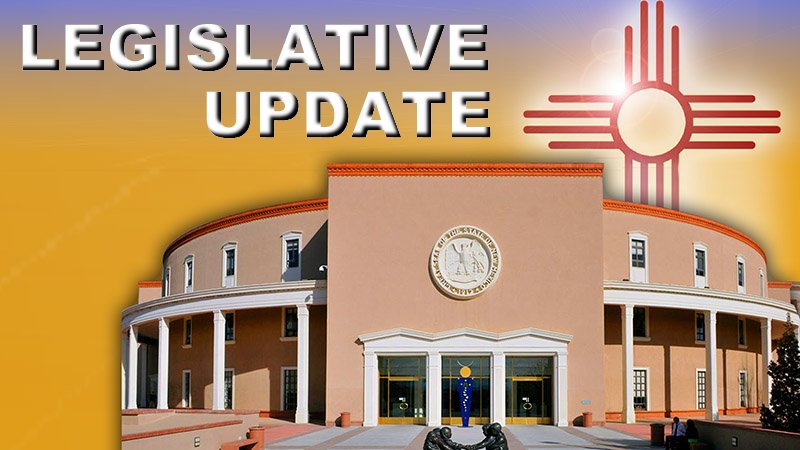We apologize in that this final update took longer than we would have liked. The New Mexico Legislature adjourned on March 20th. None of the priority bills we were tracking actually made it to the finish line.
HB 56: Our number one priority was to defeat HB 56, and we are happy to report that it did not pass. HB 56 is the SORNA and human trafficking proposal. The bill contained a provision that would have required registrants who simply own property located in New Mexico to register. The proposal passed the house and move to the senate. Due to the work of LJC and our advocacy allies, the senate took no action before the session ended. Even though the proposal did not pass, they will continue to bring this legislation back year after year.
HB 74: HB 74 would have restored voting rights to felons upon release from incarceration, and it also would have allowed felons who were sentenced to probation to vote. In addition, it would have provided an alternative process of restoring a felon’s right to hold office upon receiving a “certificate of restoration” from the governor. Unfortunately, HB 74 was hijacked with an unfriendly amendment on the house floor. The amendment would require felons required to register pursuant to SORNA to prove that they are SORNA-compliant before they can register to vote. Representative Gail Chasey, the bill’s sponsor, was very disappointed with the unfriendly amendment. She attempted to bypass the Republican sponsored amendment by amending SB 114 to include the original language of HB 74. Unfortunately, we had not been working on SB 114,and it ultimately died on the senate concurrence calendar. More details on SB 114 will follow.
HB 201: This proposal would have provided for the early termination of individuals on probation who: (1) are deemed a minimum/medium risk; (2) have met all of the obligations of their probation; and (3) have completed one half of their supervision. The bill passed the house with near unanimous support (64-1). The proposal passed all committees in both the house and the senate. Unfortunately, it died on the senate calendar in the final hours of the session. We are disappointed that this measure will not be sent to Governor Michelle Lujan Grisham for her signature.
SB 114: This bill had escaped our scrutiny, which meant we were not working on it. We only noticed it when Representative Chasey added her amendment reinstating the original language of HB 74, which we discussed many times in previous updates. The proposal dealt with the releasing on parole those considered to be geriatric, permanently incapacitated, or terminally ill. Although there is already a process to release those who are in poor health, few if any have been granted release by the parole board. This proposal would help facilitate that process, we hope. We do support the legislation and we will be working to get it enacted in a future session. Some key points are listed below.
The term as “geriatric” as defined by the bill means a person who:
- is serving a sentence and is confined in a prison or other correctional institution under the control of the corrections department.
- is fifty-five years of age or older.
- suffers from a debilitating and chronic infirmity, illness, or disease related to aging; and
- does not constitute a danger to the person’s own self or to society at the time of review.
The term “permanently incapacitated inmate” as defined in the bill means a person who:
- is serving a sentence and is confined in a prison or other correctional institution under the control of the corrections department.
- by reason of an existing medical condition is permanently and irreversibly physically incapacitated; and
- does not constitute a danger to the person’s own self or to society at the time of review.
The term “terminally ill inmate” as defined in the bill means a person who:
- is serving a sentence and is confined in a prison or other correctional institution under the control of the corrections department.
- has an incurable condition caused by illness or disease that will, within reasonable medical judgment, produce death within six months; and
- does not constitute a danger to the person’s own self or to society at the time of review.
